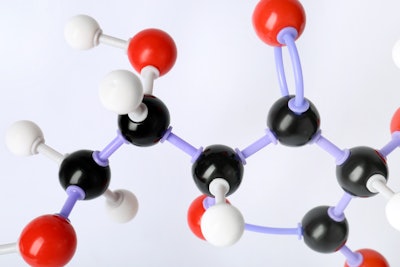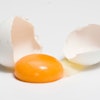
Hot climates can subject broilers to a harrowing ordeal, causing reduced feed intake, weight loss and, in extreme cases, mortalities. Heat stress exacerbates oxidative damage within the avian body, leaving broilers vulnerable to a cascade of physiological imbalances. As the heat takes its toll, it is crucial to fortify our birds with any possible substance capable of combating these adversities. Here is where I would recommend adding vitamin C, either in feed (but in a protected form) or in the water.
Vitamin C, also known as ascorbic acid, is well known for its powerful antioxidant properties as it can protect cells from oxidative stress. But its repertoire of benefits extends far beyond this, particularly when it comes to alleviating heat stress in broilers.
Shielding against oxidative stress
When broilers experience heat stress, their metabolism runs amok, producing an excess of free radicals that damage vital cellular components. Vitamin C, among other antioxidants, can neutralize these harmful molecules, preventing oxidative stress. Thus, by bolstering antioxidant defense systems, this nutrient can help safeguard the integrity of broiler cells, preserving their vitality even in the face of scorching temperatures.
Boosting the immune system
Heat stress places a tremendous burden on the immune system, compromising its ability to ward off pathogens and other diseases. Here, vitamin C emerges as a formidable ally. By reinforcing immune responses, this nutrient empowers broilers to resist diseases that often seize the opportunity presented by heat-stressed flocks.
Enhancing nutrient utilization
One of the least known consequences of heat stress is its ability to impair nutrient digestion and absorption. Thus, broilers suffering from heat stress struggle to extract vital nutrients from their feed, leading to reduced growth rates and poor performance. By maintaining gut health, vitamin C can help in the direction of reversing or even preventing the damage in the digestion and absorption of nutrients.
Practical considerations
To harness the true potential of vitamin C as a heat-stress additive, careful attention must be paid to dosage and administration. Collaboration with a knowledgeable poultry nutritionist or veterinarian is essential to determine the optimal levels of supplementation for specific flocks and climatic conditions.

















